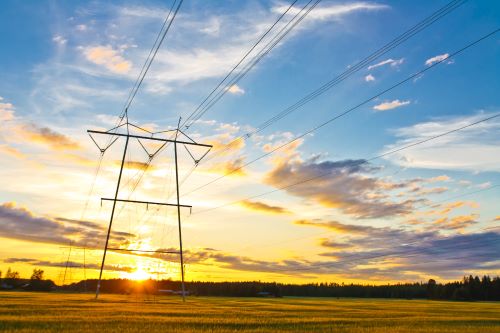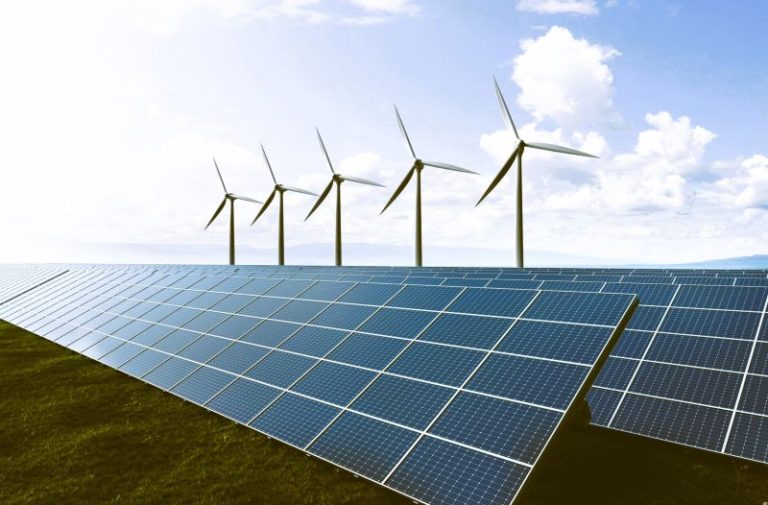

The transition to renewable energy is no longer a distant vision but a pressing necessity to address climate change, energy security, and economic sustainability. As nations around the world strive to decarbonise their power sectors, innovative financial mechanisms and contractual structures are also emerging. One such powerful tool is the Power Purchase Agreement (PPA), which is rapidly transforming the renewable energy landscape by providing a structured pathway for energy procurement from renewable sources.
Understanding the PPA Market
A Power Purchase Agreement (PPA) is a contract between an electricity generator (usually a renewable energy producer) and a purchaser (often a utility, business, or government entity) to buy electricity at a predetermined price for a specified duration.
This agreement provides a stable revenue stream for renewable energy projects, making them more appealing to investors and financial institutions. The PPA market is playing a crucial role in the expansion of renewable energy by offering risk mitigation measures to developers and end-users.
For those companies seeking to reduce carbon emissions and meet sustainability targets, PPAs offer a viable solution by guaranteeing access to clean energy without the associated risks of price volatility in conventional energy markets.
Driving Renewable Energy Growth
PPAs are pivotal in driving the growth of renewable energy. By providing a guaranteed off-take arrangement, these agreements underpin the financing and construction of green energy projects, be they solar, wind, or other renewable sources. Investors find PPAs attractive because they ensure predictable long-term cash flows, thus lowering the perceived risk of projects. Consequently, more businesses are embarking on large-scale renewable energy projects, thereby expediting the shift from fossil-fuel dependency.
Notably, corporates are increasingly leading the charge with corporate PPAs, which allow companies to procure renewable energy directly from producers. This trend is evident in the commitments made by multinational corporations striving towards 100% renewable energy consumption under initiatives such as RE100.
Enhancing Energy Security and Stability
One of the principal benefits of PPAs is their capacity to enhance energy security and stability. By locking in energy prices for the future, PPAs shield energy consumers from fluctuating energy markets and potential price hikes. This is especially relevant in the current economic climate, where geopolitical issues and supply chain disruptions can lead to unpredictability in fossil fuel markets. Businesses and governments see PPAs as an effective strategy to achieve energy independence and manage financial exposure to energy price variability.
In addition, PPAs support grid stability by encouraging the development of renewable energy projects that add diversity to the energy mix. The decentralised nature of many renewable projects means that they can be situated closer to demand centres, reducing transmission losses and enhancing grid resilience.
Supporting Policy and Regulatory Frameworks
The success and expansion of PPAs greatly depend on supportive policy and regulatory frameworks. Governments can facilitate PPA growth through incentives such as tax credits, subsidies, and feed-in tariffs designed to make renewable energy more competitive with fossil fuels. Legislative action to streamline permitting processes, improve grid access, and ensure transparent market operations is also crucial for removing barriers to PPA adoption.
The European Union, for instance, has made significant strides in encouraging member states to adopt policies that promote PPAs as part of its broader decarbonisation goals. The UK’s Contracts for Difference (CfD) programme mirrors the benefits of PPAs by guaranteeing a fixed price for the electricity generated from renewable sources, thereby fostering industry confidence and investment.
Challenges and Future Prospects
Despite their advantages, PPAs are not without challenges. Contract negotiations can be complex, requiring expertise to address aspects such as price setting, performance guarantees, and regulatory compliance. Moreover, a lack of awareness and understanding among potential off-takers can impede wider adoption. Additionally, small to medium-sized enterprises may struggle to engage in PPAs due to the typically large scale of associated projects.
However, the future of PPAs remains bright as innovation and technology address existing challenges. New business models, such as aggregated PPAs which allow multiple buyers to aggregate demand, are emerging to bring more players into the market. As digital platforms simplify transactions, smaller companies are increasingly able to join larger buyers in green energy procurement.
In conclusion, PPAs are instrumental in reshaping the renewable energy landscape by facilitating the growth of sustainable energy projects, enhancing energy security, and supporting policy objectives. As their popularity and sophistication grow, PPAs are poised to play a crucial role in our global efforts to mitigate climate change and advance a sustainable energy future.


